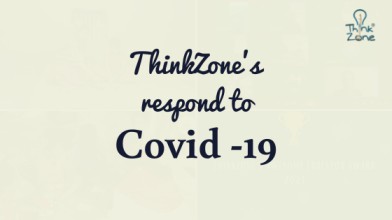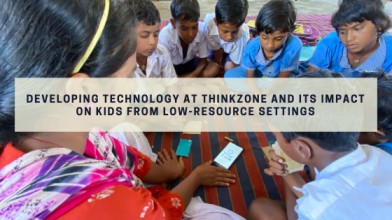Rajesh, an undergraduate student from Cuttack, saw an advertisement for an expensive smartphone on an App for a discounted price of ₹2000 and purchased the phone through UPI. Within a day, a delivery boy called to deliver the phone; he demanded payment again and explained that it was a pay-on-delivery order. The delivery boy also said that because Rajesh’s house is far from his office, he would only leave for delivery if Rajesh paid the bill right away. Rajesh disagreed, saying that he had already paid for the item. The delivery boy instructed Rajesh to pay for it, and after delivery, you can claim the refund. Rajesh believed and thought it was an error, and paid him again over the phone.
Later, Rajesh called the delivery boy’s number, but this time the number was not reachable, so he called App’s customer care and got to know that the advertisement and the delivery boy were both parts of a scam and the website was a phishing page. Not only Rajesh but there are also lakhs of youths are becoming victims of such scams every day due to a lack of internet literacy or ideas regarding safe usage of it.
According to a report by the Internet and Mobile Association of India (IAMAI) and Kantar IMRB, around 43% of India’s youth population (aged between 15-24 years) have internet access, and 86% of them consume the internet through mobile phones. A report by McAfee shows that 70% of youth spend more than 5 hours a day on the internet.

The data presented above underscores the need of essential internet knowledge and safe practices in the life of a youth. We believe that the absence of a structured training regime is exacerbating this issue. To mitigate this challenge, we have made a concerted effort to incorporate internet literacy and social media etiquette into our fellowship program. A dedicated training module has been created in the fellowship program as part of the Fit4Future initiative by the Fondation Botnar to address this need.
The module encompasses a broad range of topics related to internet literacy. The program is structured to impart knowledge on the proper usage of social media, payment methods, formal and informal writing styles, and safe practices while accessing the internet. Additionally, the module provides insight on the effective utilization of internet-based resources for teaching students. This comprehensive training plays a critical role in equipping the youth with the tools they need to succeed in an increasingly interconnected world.
We frequently conduct social media campaigns to commemorate various significant events, such as Republic Day, Independence Day, Girl Child Day, and Youth Day, among others. These campaigns are designed to encourage participation from our fellows and provide opportunities for them to expand their knowledge. To further incentivize participation, rewards are often offered to the most active and engaged fellows. Through these initiatives, we aim to foster a dynamic and informed youth community.
The ThinkZone Fellowship Outreach Plan is a comprehensive initiative regarding social media and the internet that runs throughout the year. The goal of this program is to provide a platform for fellows and alumni to share their fellowship experiences and the knowledge they have gained. To support these efforts, we conduct in-depth webinars that offer comprehensive training on social media posting and how to identify opportunities such as job openings, internships, and learning events. The participants who exhibit exceptional performance and accuracy are rewarded and acknowledged for their achievements.
The internet is a vast ocean of information, but not all of the things on it are accurate, useful, or appropriate. Without proper guidance, young people may end up consuming misinformation and falling prey to scams. Training them on how to evaluate the credibility of the information they come across, how to fact-check, and how to differentiate between credible and fake sources is crucial.
According to the annual ASER Report 2021, 67.6% of Indian children have smartphones in their families, and 74% have some form of access to them. It is crucial for protecting students from online dangers and creating a safe and appropriate online learning environment. By equipping educators with the necessary knowledge and skills to navigate this digital landscape, we can ensure that students are also safe.


